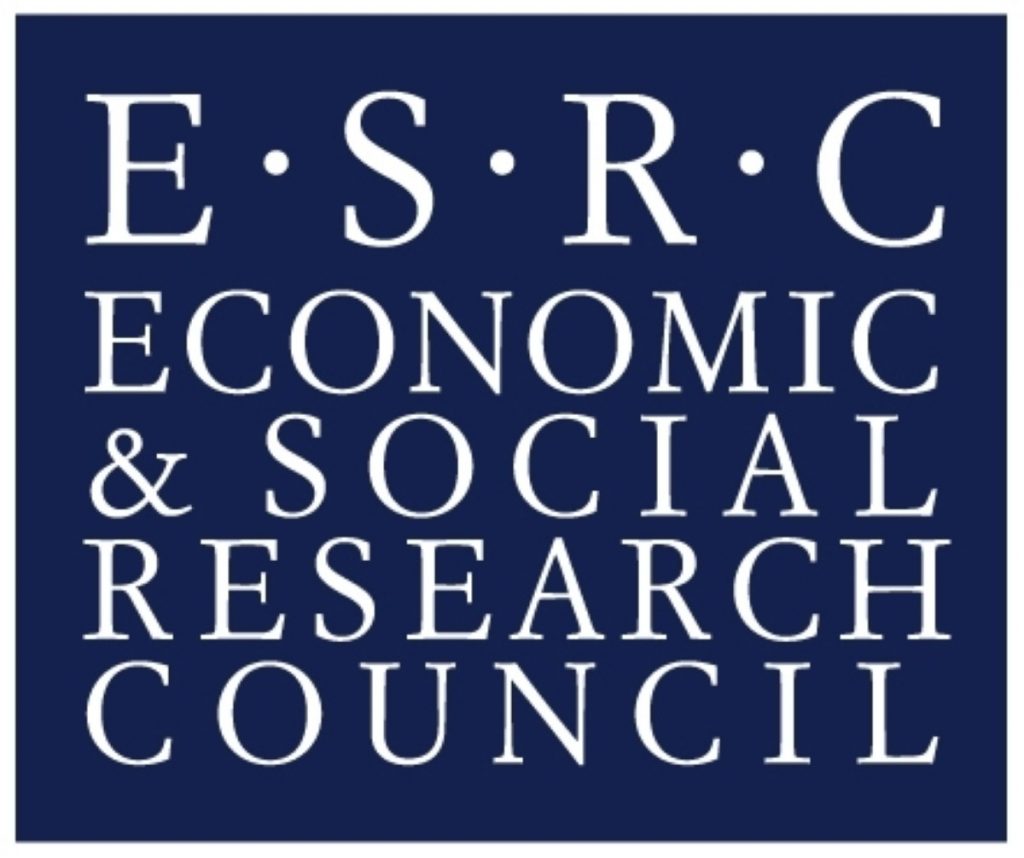ESRC: Festival of Social Science: Rise in betting shops fuels crime fears
Date: 6th – 7th November 2014
Time: 12.00 – 18.00hrs
Location: Essex
Growing numbers of betting shops in UK towns are fuelling residents’ fears of a rise in anti-social behaviour and crime, particularly violence and burglary. Britain’s high streets have seen a significant increase in betting shops over the last five years. “With evidence pointing to a link between betting shops and crime, concerns are now growing that betting shops not only increase crime but also replace locally-valued small businesses as well as voluntary and community enterprises,” says researcher Dr Neli Demireva of the University of Essex.
“Most local residents view the recent spread of betting shops, money lenders and pawnbrokers along their high streets as a complete blight on the neighbourhood,” Dr Demireva points out. “The rise of these ‘unsavoury’ businesses, fuelled by the recession, is changing the face of their neighbourhoods for the worse. Residents claim that small businesses and community groups are disappearing followed shortly by the arrival of opportunistic organisations such as betting shops. That may not actually be what’s happening, but that’s how local people see it.”
Members of the public, local councillors, police officers and charity workers will share their personal experiences and views on the ways betting shops impact their communities at two events held during the Economic and Social Research Council’s (ESRC) Festival of Social Science.
“At present we don’t know whether the spread of betting shops actually causes a rise in crime, but existing evidence indicates the two are linked and US data points even to a possible association between fixed odds betting machines and domestic violence,” says Dr Demireva, who is currently researching whether the exponential growth in betting agents is related to violent and property crime, above and beyond other factors such as high unemployment and neighbourhood deprivation.
Institutions such as community centres, church groups and small businesses may act as ‘social buffers’ in neighbourhoods of socio-economic deprivation. “Local residents certainly view these institutions favourably and perhaps more positive action from town planners could protect these organisations as well as small shops from the continued expansion of opportunistic organisations into our high streets,” she explains.
Looking ahead, Dr Demireva believes neighbourhoods may need to take positive steps to increase their buffers against disadvantage. “We need to explore a range of solutions based not only on evidence but also by the practical experience of people in different localities to help reduce the vulnerability of neighbourhoods to the potential damage caused when betting shops move in.”
For further information contact:
· Dr Neli Demireva, University of Essex
Email: nvdem@essex.ac.uk
Telephone: 01206 872640
ESRC Press Office:
· Aaron Boardley
Email: Aaron.Boardley@esrc.ac.uk
Telephone: 01793 413122
· Susie Watts
Email: Susie.Watts@esrc.ac.uk
Telephone: 01793 413119
NOTES FOR EDITORS
1. Event: Exploring the Impact of Betting Shops
o Firstsite, Learning Studio A, Lewis Gardens, High Street, Colchester, CO1 1JH
6 November 2014, 16.00 – 18.00
o Town Hall, Station Road, Clacton-on-Sea CO15 1SE
8 November 2014, 12.00 – 14.00
1. Dr Neli Demireva is a lecturer in Sociology at the University of Essex. She currently holds a British Academy/Leverhulme grant on “Understanding the Ecology of Disadvantage: Betting Agents, Crime and the British Neighbourhood”. Her study links data from the Association of British Bookmakers, the Gambling Commission list of registered betting premises, the annual Crime Survey and Indices of Multiple Deprivation.
2. The 12th annual Festival of Social Science takes place from 1-8 November 2014 with over 200 free events nationwide. Run by the Economic and Social Research Council, the Festival provides an opportunity for anyone to meet with some of the country’s leading social scientists and discover, discuss and debate the role that research plays in everyday life. With a whole range of creative and engaging events there’s something for everyone including businesses, charities, schools and government agencies. A full programme is available at www.esrc.ac.uk/festival. You can also join the discussion on Twitter using #esrcfestival.
3. The Economic and Social Research Council (ESRC) funds research into the big social and economic questions facing us today. We also develop and train the UK’s future social scientists. Our research informs public policies and helps make businesses, voluntary bodies and other organisations more effective. Most importantly, it makes a real difference to all our lives. The ESRC is an independent organisation, established by Royal Charter in 1965, and funded mainly by the Government. In 2015 the ESRC celebrates its 50th anniversary. www.esrc.ac.uk.





-01.png)